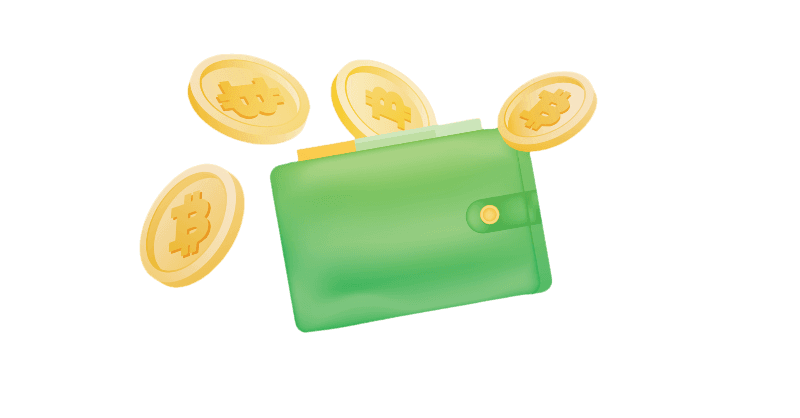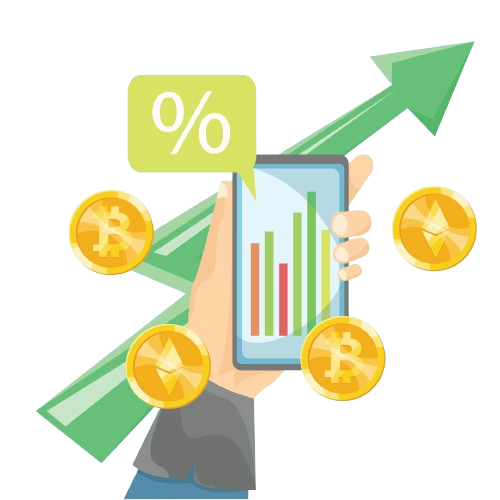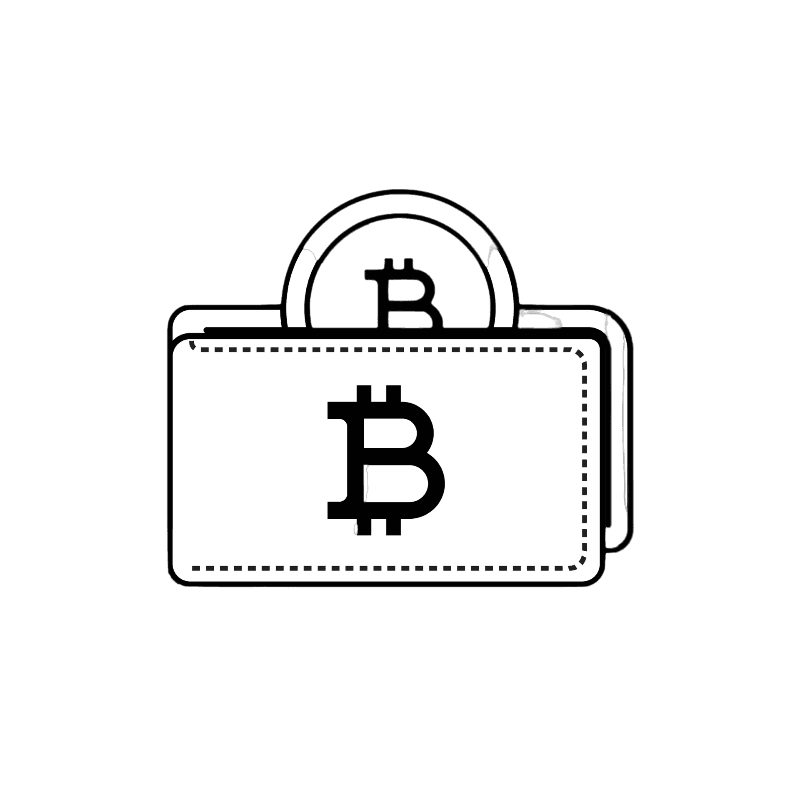
With Bitcoin exploding into the mainstream in recent years, many new investors are eager to get their hands on some coins. A common question that arises is whether you need a Bitcoin wallet to purchase Bitcoin or if you can buy it without one.
In this comprehensive guide, we will examine if it is possible to buy Bitcoin without a wallet, the risks involved, and the best practices for safely securing your coins. Understanding Bitcoin wallet basics is important for anyone looking to dip their toes into the crypto markets in the United States.
What Is A Bitcoin Wallet?
First, let’s start with what exactly a Bitcoin wallet is. A Bitcoin wallet essentially stores the private keys you need to access any Bitcoin you own on the blockchain. Without the private keys kept in your wallet, you cannot authoritatively prove the coins are yours.
Bitcoin wallets come in different forms:
Software wallets – Apps that store keys digitally on your phone, computer, or in the cloud.
Hardware wallets – Physical USB devices built for security that store keys offline.
Paper wallets – Keys printed or written on paper for cold storage. Riskier since paper is fragile.
Custodial wallets – Provided by exchanges to conveniently buy, sell, and store Bitcoin on their platform. But you do not truly own the coins.
A Bitcoin wallet does not actually “store” your coins. Bitcoin exists only on the blockchain as network records. Wallets just manage the keys that let you transact on the blockchain.
Can You Buy Bitcoin Without A Wallet?

Technically, it is possible to purchase Bitcoin without having a dedicated wallet set up. Cryptocurrency exchanges and brokerage platforms allow you to buy coins without requiring you to provide your external wallet address.
When you purchase Bitcoin on an exchange, the coins bought are stored in the exchange’s custodial wallet assigned to your account. The exchange essentially functions as a crypto bank account that lets you easily buy, sell, or spend Bitcoin.
However, there are some major downsides to leaving Bitcoin on an exchange rather than withdrawing to your wallet.
Risks Of Not Withdrawing To Your Wallet
Here are some key security and ownership risks with keeping coins on an exchange:
Exchange hacks – Exchanges are prime targets for hacks and thefts. Millions of crypto have been stolen from platforms over the years. If an exchange is hacked, you could lose access to your coins.
Account suspensions – Accounts suddenly suspended by exchanges have stranded users from accessing their cryptocurrency.
Lack of insurance – Unlike cash in a bank, crypto holdings on exchanges are typically uninsured. If lost, it may be impossible to recover funds.
Not your keys – The exchange owns the private keys to coins stored on their platform. The golden mantra in crypto is “Not your keys, not your coins”.
Restricted access – You rely totally on the exchange’s rules and restrictions when it comes to accessing, using, and transferring coins held there.
Fees – Exchanges often charge higher fees for trades, withdrawals, and other transactions that can eat into your crypto holdings.
The main appeal of Bitcoin is being able to have full ownership and independent control over your funds. But that is only possible if you control your private keys yourself in a non-custodial wallet.
How To Withdraw Bitcoin From An Exchange

Once you buy Bitcoin on an exchange, you should move it to your wallet where you exclusively control the keys and set the rules.
Here are the general steps to withdraw from an exchange to your wallet:
Get your unique wallet address – This public address points to your wallet. Think of it like a crypto routing number.
Initiate withdrawal in the exchange – Specify the wallet address and amount of Bitcoin to withdraw. Double-check all details.
Wait for the exchange to process – Withdrawals can take anywhere from 10 minutes to over an hour depending on the platform.
Confirm the deposit in your wallet – Once the exchange releases the Bitcoin, you should see it deposited into your wallet balance.
Once in your wallet, you have full autonomy over your coins. Just make sure to take steps to protect your private keys and recovery phrases.
Pro Tips For Maximum Bitcoin Wallet Security:
Use a wallet that gives you seed phrase backup – This enables recovery if your device is lost or damaged.
Keep private keys and seed phrases safely stored offline – Away from vulnerability to online threats. Consider digital vaults or physical security.
Enable 2-factor authentication (2FA) – Adds another layer of login protection on top of your password. Goes a long way to securing wallet access.
Avoid public WiFi when accessing your wallet – Use a secured private connection to reduce exposure to hackers who may intercept unencrypted data.
Backup wallet – Ensure you have multiple backups of your wallet for redundancy in case one fails. Test restoration from backups.
Following best practices for keeping your Bitcoin wallet and keys safe will let you harness the full benefits of crypto with peace of mind.
Conclusion
While it is technically possible to purchase Bitcoin without having your wallet, it is not recommended for security reasons. Leaving coins on an exchange leaves you vulnerable to hacks and thefts. For true ownership, you need to control the private keys yourself in a non-custodial wallet.
With a variety of wallets to choose from, it is easy to set up a software or hardware wallet that puts you fully in charge of your Bitcoin. Just be sure to withdraw your crypto from the exchange to your wallet. Store backup keys securely, enable 2FA, and utilize other safety measures to optimize the protection of your Bitcoin investment.
Following the ethos of “not your keys, not your coins”, a Bitcoin wallet lets you truly own your digital assets. Don’t put your hard-earned crypto at risk on an exchange. Take control today with your own Bitcoin wallet and enjoy the freedoms and utility it unlocks in the world of decentralized finance.